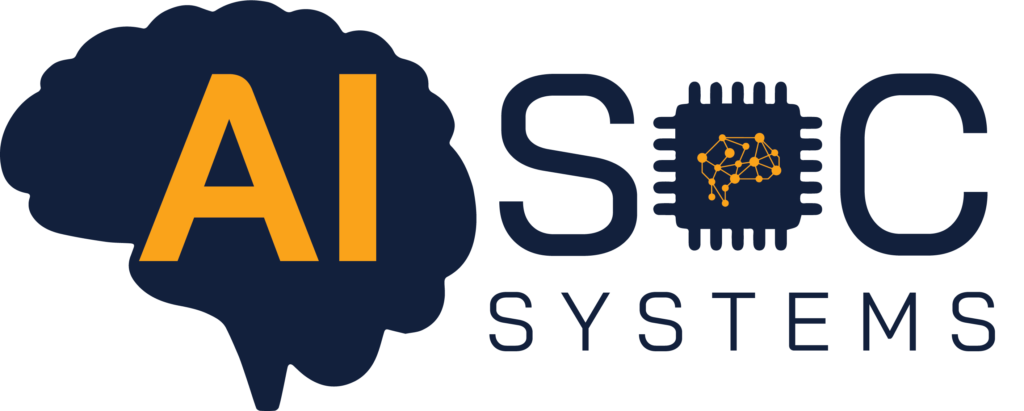Process Manufacturing Insight

Process Manufacturing Insight
Our Process Manufacturing Insight solution is a comprehensive tool for gaining deep insights into the intricacies of production batches, batch transactions, recipes, material usage, yield, planned vs. actual costs, scrap, batch aging, and much more. These insights empower users to not only identify and track issues within the manufacturing process but also intervene proactively to optimize it to its maximum potential.
This solution addresses key questions and offers valuable capabilities:
- Production Quantity Impact: Determine how a delay in planned material replenishment by a month affects the production quantity, allowing for proactive inventory management.
- Production Flexibility Assessment: Evaluate the feasibility of increasing production quantity in response to actual demand exceeding the forecast by a certain percentage.
- Batch Prioritization: Identify and prioritize batches that need to be confirmed because they are scheduled to begin in the next 2-3 weeks, ensuring efficient resource allocation.
- Cost Reduction Targets: Pinpoint the cost elements that should be targeted to achieve a specific production cost reduction goal, enhancing cost-efficiency.
- Transaction Timeliness Analysis: Assess the accuracy and timeliness of batch transaction recording in the system to ensure data integrity.
- Material Usage Discrepancies: Analyze the variations between planned and actual material usage quantities, helping you refine material planning and reduce waste.
- Raw Material Inventory Visibility: Obtain real-time visibility into on-hand raw material inventory to support procurement and production planning.
- Inventory Expiry Monitoring: Keep track of inventory items that have either expired or are nearing their expiration date, preventing waste and potential compliance issues.
- Scrap Quantification: Quantify the quantity and value of inventory items that are being scrapped, allowing for waste reduction initiatives and cost savings.
- Yield Improvement: Identify opportunities to enhance yield by optimizing recipes, material usage, and production processes, ultimately boosting profitability.
- Resource Allocation Optimization: Ensure that resources, such as equipment and labor, are allocated efficiently to meet production demand while minimizing downtime.
- Quality Control Enhancement: Implement rigorous quality control measures and monitor product quality at various stages of the manufacturing process to reduce defects and rework.
- Regulatory Compliance Assurance: Use insights to ensure compliance with industry regulations and standards, reducing the risk of non-compliance penalties.
- Supplier Performance Evaluation: Assess the performance of suppliers providing materials for the manufacturing process and make informed decisions regarding supplier relationships.
- Sustainability Initiatives: Support sustainability goals by monitoring and reducing waste, optimizing resource use, and adopting eco-friendly practices in the manufacturing process.
